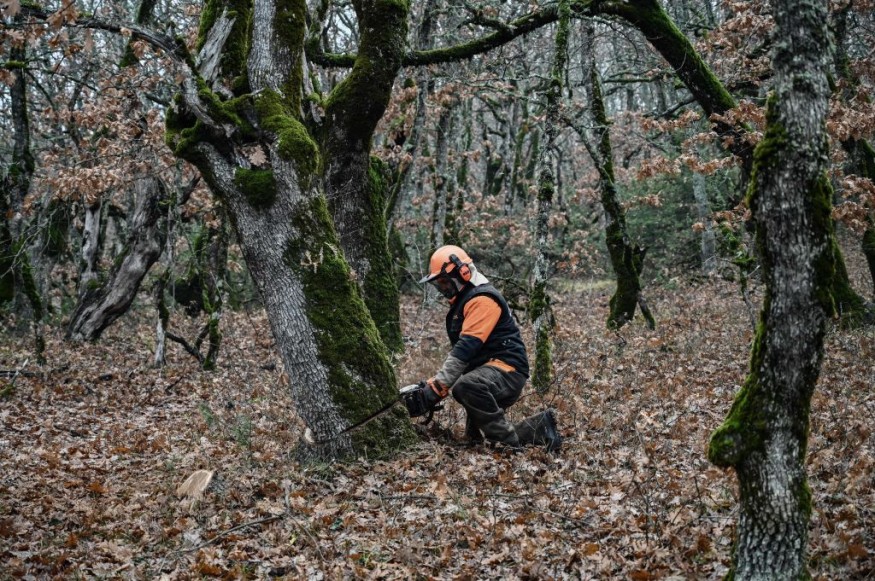Animals can help in reforestation efforts through the process of animal seed dispersal, a behavior where animals disperse plant seeds by eating them and releasing them through feces, as found by a new study led by researchers from the United States.
Animals and Wildlife Populations

The study was published in the journal Philosophical Transactions of the Royal Society B on November 14, where researchers asserted that animal seed dispersal is a significant means in the restoration of tropical forests since it maintains plant diversity and accelerates community turnover.
The researchers acknowledge that changes in seed dispersal during forest restoration can determine the recovery of species interactions. However, the study says that such changes are rarely considered when it comes to forest restoration planning or reforestation projects.
In a news release on December 19, Yale University said its study found animals play a key role in restoring forests yet this is challenged by the fact that the world's wildlife populations have decreased by almost 70% in the last 50 years, as their habitats have been polluted and destroyed by humans, as referenced by the American Association for the Advancement of Science (AAAS).
Also Read: Reforestation Along Mississippi River Will Reduce Agricultural Runoff, Revive Gulf of Mexico
Deforestation and Forest Degradation
Forests cover 31% of the land area of Earth, helping people to survive and thrive by purifying air and water. It also provide people with jobs, with an estimated 13.2 individuals across the world working in the forest sector and another 41 million who have a job related to the said sector, according to the World Wildlife Fund (WWF).
Some animals also rely on forests which they use as their natural habitat. Forest are also known for its crucial role in mitigating the impact of climate change and global warming since they serve as carbon sink or carbon storage. These natural environments absorb the greenhouse gas carbon dioxide, which would otherwise be left free in the atmosphere and contribute in the changing climate patterns.
Despite their benefits, forest around the world are bombarded with threat in the form of deforestation and forest degradation. The main cause of deforestation is agriculture and poorly planned infrastructure, forest degradation's main cause is illegal logging. In 2019, tropical forests lost an area equivalent to almost 30 soccer fields' worth of trees every single minute, the WWF adds.
The wildlife organization also highlights the threat of deforestations in tropical rain forests since they are home to most of the world's biodiversity. For instance, the Amazon is host to around 17% of forests lost in the last 50 years, mostly as a result of forest conversion for cattle ranching. Deforestation in the region is mostly rampant near populated areas, roads, and rivers, the organization said.
Reforestation Projects
According to Tree-Nation, an online worldwide platform aim at planting trees and fighting climate change, some of the following reforestation projects are underway in different parts of the world:
- Australia
- Colombia
- Kenya
- Tanzania
- Bolivia
- Thailand
- Argentina
- United Kingdom
- India
- United states
- Brazil
- Senegal
- Spain
- Uganda
- Mozambique
- Madagascar
- Peru
Reforestation projects, which are spearheaded by both governments and non-governmental organizations, primarily aims to protect animals and the environment by restoring, expanding lost forest land lands. These projects can also be funded by the public through donations and other means, including through social media and other online platforms.
© 2025 NatureWorldNews.com All rights reserved. Do not reproduce without permission.





